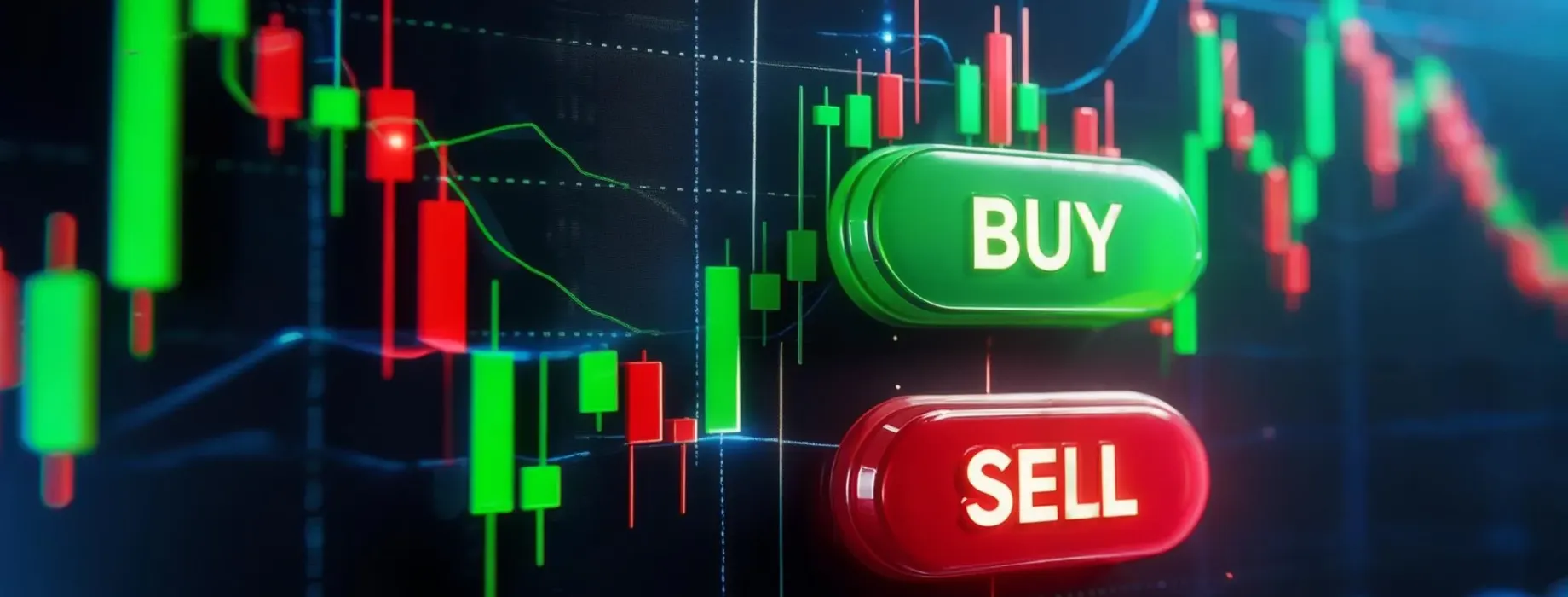- Bloomberg Terminal – Comprehensive market data and analysis
- Refinitiv Eikon – Advanced analytics and risk management
- FactSet – Portfolio research and analysis
- S&P Capital IQ – Financial intelligence and research
Complete Analysis of the Buy Side vs Sell Side

The complex ecosystem of the financial industry revolves around two main segments that drive market activity and investment flows. This comprehensive analysis explores the tools, methods, and platforms that shape modern investment practices, focusing on the distinct roles and interactions between market participants.
Understanding Market Structure
The financial markets ecosystem is built on the interaction between buy-side and sell-side participants, each playing distinct roles in the investment landscape. Understanding these dynamics is crucial for success in modern financial markets.
Fundamental Differences in Operations
In the complex world of financial markets, buy-side and sell-side trading represent two fundamental aspects of market operations. Although the sell-side and buy-side may seem like opposing forces, they actually create a symbiotic relationship that promotes market efficiency.
| Characteristic | Buy-Side | Sell-Side |
|---|---|---|
| Main Function | Investment Management | Market Making |
| Typical Entities | Mutual Funds, Pension Funds | Investment Banks, Brokers |
| Revenue Model | Investment Returns | Commission, Spreads |
Overview of Technological Platforms
Pocket Option and other platforms provide specialized tools for buy-side and sell-side operations. Here is a comprehensive analysis of the main platforms:
Tools and Analysis Methods
| Tool Category | Buy-Side Application | Sell-Side Application |
|---|---|---|
| Charting Software | Investment Decision Making | Market Analysis |
| Risk Analytics | Portfolio Management | Client Advisory |
Strategic Implementation Process
- Data Integration and Analysis
- Risk Management Protocols
- Performance Monitoring
- Compliance Requirements
The dynamics between the buy-side and sell-side continue to evolve with technological advancements, requiring professionals to adapt their strategies and tools accordingly.
Modern Market Solutions
| Characteristic | Traditional Approach | Modern Solutions |
|---|---|---|
| Analysis Speed | Manual Processing | Automated Analysis |
| Data Access | Limited Sources | Multiple Integrations |
Conclusion
Success in contemporary financial markets requires a deep understanding of buy-side and sell-side operations. The integration of advanced technological tools, combined with proper risk management and analytical capabilities, creates a foundation for effective market participation. Investment professionals must continue to adapt their approaches as market structures evolve and new tools emerge.
FAQ
What distinguishes buy-side trading from sell-side trading?
The buy side generally involves investment management companies making long-term investment decisions, while the sell side includes institutions that sell research, trading services, and market-making activities.
Which platforms are best suited for institutional investors?
Institutional investors commonly use comprehensive platforms like Bloomberg Terminal, Refinitiv Eikon, and FactSet, which offer extensive research, analysis, and execution capabilities.
How do risk management tools differ between the buyer's side and the seller's side?
Buyer-side tools focus on portfolio-level risk and long-term exposure, while seller-side tools emphasize market-making risks and short-term trading exposure.
What role does technology play in modern market analysis?
Technology enables automated analysis, real-time data processing, and sophisticated risk management systems that enhance decision-making capabilities for both market segments.
How can traders optimize their platform selection?
Traders must assess their specific needs in terms of data requirements, analytical capabilities, cost structure, and integration possibilities with existing systems.